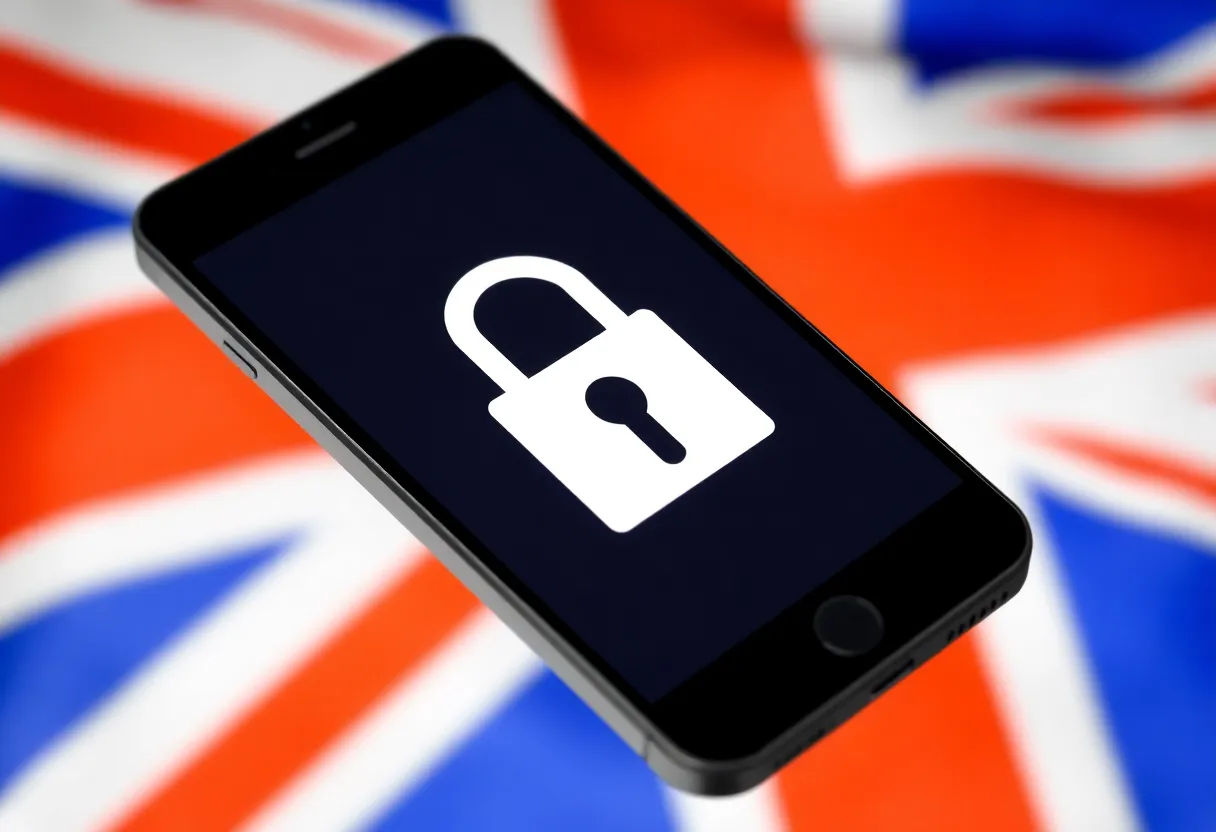

Concerns grow as Apple removes advanced data protection in the UK.
Apple has decided to withdraw its Advanced Data Protection feature in the UK following a request from the British government. This decision comes as the government seeks a backdoor for law enforcement access to encrypted data. The move has raised concerns among users about privacy and data security, as the feature was designed to secure iCloud data against unauthorized access. Critics worry that this could set a troubling precedent for data privacy globally.
In a turn of events that has many scratching their heads, Apple has decided to withdraw its Advanced Data Protection feature from the UK, a move that follows a request from the British government. This feature, which made waves when it was introduced two years ago, allowed for extensive encryption of iCloud data—so much so that it was practically unreachable even for Apple itself!
Starting this Friday, if you’re an iPhone user in Britain, get ready for a notification alerting you that this highly sought-after feature will no longer be available. Initially designed to enhance user security, the Advanced Data Protection feature is now set for retirement, all in the name of government compliance.
So, why the sudden about-face? Well, the UK government has requested that Apple create a backdoor for law enforcement and intelligence agencies. This means they’re essentially asking Apple to set up a way for them to scoop into users’ encrypted data—something Apple has so far resisted fiercely. This request was made under a secret order linked to the amended Investigatory Powers Act of 2016.
Now, Apple is hoping that by removing the Advanced Data Protection feature, the UK government might just reconsider its demand for that backdoor access. Many are left wondering if that’s really going to be enough, especially with growing concerns over data security and privacy.
The Advanced Data Protection feature enabled users to secure almost all of their iCloud data, from messages and photos to backups, making it incredibly tough for anyone else, including Apple, to access. However, the UK government believes that such strong encryption is a double-edged sword—it keeps criminals hidden and makes it harder for law enforcement to gather necessary evidence.
It’s no surprise that Apple has expressed its disappointment over the removal of this feature, especially in a world where data breaches are on the rise. It’s important to note that even with this setback, Apple still offers end-to-end encryption for services like iMessage and FaceTime. So, while some data protection options are off the table, users can still rely on some degree of security in those platforms.
For anyone still rocking the Advanced Data Protection feature, the message is clear: you’ll need to disable it, or risk losing access to your iCloud data altogether. If you’re getting this notification, it’s a wake-up call to act quickly!
Concerns are also brewing over the idea that any backdoors set up for “lawful access” could easily be exploited by those with malicious intent. It’s a tricky balancing act, trying to prioritize national security while still respecting individual privacy rights, especially in an age where our digital communications are constantly under scrutiny.
In the end, it raises the question: how do we protect user privacy without compromising safety? As this story unfolds, it will be interesting to see how both sides navigate these complex waters.
News Summary Prima Medicine has added Dr. Mandana Shafai to their team as a Concierge…
News Summary Idaho has become the eighth U.S. state to extend foster care benefits to…
News Summary The music industry is buzzing with job opportunities for digital marketing professionals. Prominent…
How Can You Use Social Listening to Inform Your Digital Marketing Strategy? Introduction In today's…
News Summary A tragic fire in Farmington Hills left a family homeless after an early…
News Summary The P.J. Hoffmaster State Park is undergoing a $1.6 million renovation of its…